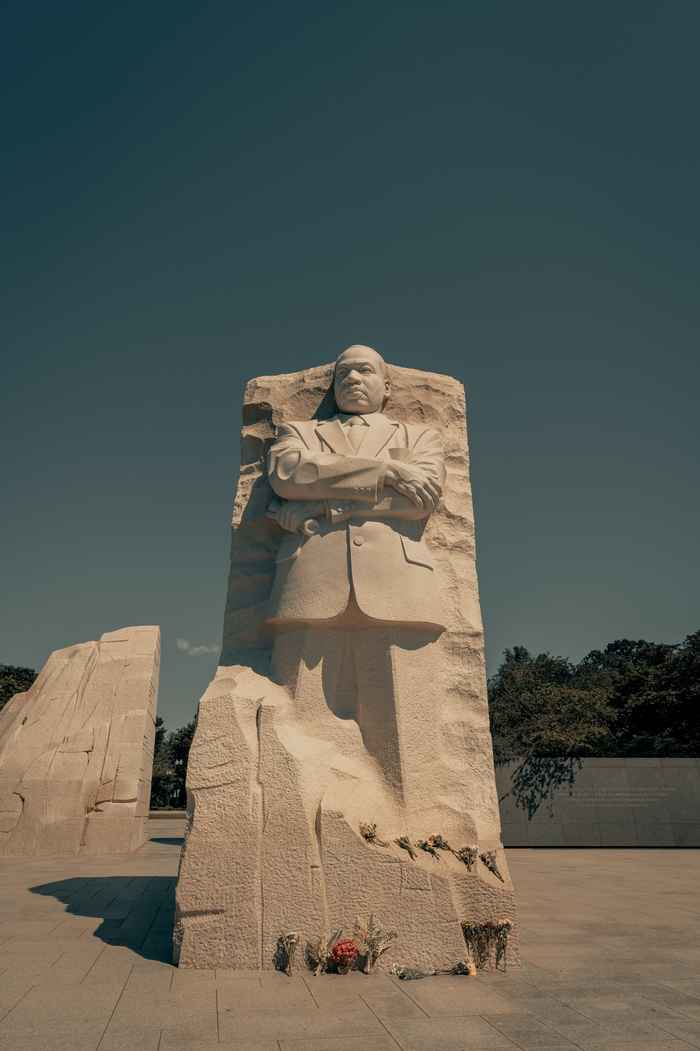Reparations for International Slavery: The Crimes Against Humanity Justification
- Date
- 17 April 2023
- Time
- 16:00 -17:30

In December 2022, Dutch Prime Minister Mark Rutte apologised for slavery stating that ‘We who live in today’s world must acknowledge the evils of slavery in the clearest possible terms, and condemn it as a crime against humanity.’ For many years now, in policy debates and activist circles, it has been commonly claimed that reparations are due on the basis that transatlantic enslavement was a crime against humanity. The Havana Declaration adopted by the Association of Caribbean States (ACS) in 2016 ‘recognizes that slavery and the slave trade were atrocious crimes against humanity’ (Soomer, 2016). In 2013, the Caribbean Community (CARICOM) proposed to sue ten European countries for ‘Crimes Against Humanity in the forms of genocide, slavery, slave trading, and racial apartheid.’ The United Nations Durban Declaration of 2001 stated that ‘slavery and the slave trade are a crime against humanity and should always have been so.’ In France, the 2001 Taubira law recognises the slave trade and slavery as crimes against humanity (Bessone, 2016).
Yet in the philosophical literature, this idea that historical chattel slavery was a crime against humanity has not been explored. This paper seeks to fill that gap. It is sympathetic to the view that slavery was a crime against humanity, but on the grounds that crimes against humanity is more than a legal positivist concept. In order for the argument that slavery constituted a crime against humanity in the modern sense to work, it has to be shown that crimes against humanity is a moral concept and that it can be applied to the past. In the first half of the paper, I argue that both of these things are possible. Then the question arises, can reparations be claimed on this basis? I argue that they can because state liability for crimes against humanity can persist over time. I then respond to objections to the argument that state liability can persist over time and to the ‘structural injustice’ critique, that an interactional state-to-victim perspective on slavery is overly simplistic.